Debt refers to anything that you owe to another party. It can be in the form of money, property, or services. A debt arrangement permits you to borrow money from a lender, under the condition that it is to be paid back at a later date, usually with interest. Debt can either become a useful financial tool or a burden to complicate your life, depending on how you handle it. Not all debts are considered as bad; however, having too many debts can turn a good debt into bad debt. Facing huge piles of debt without a strategic repayment plan can cause you stress and anxiety. Inability to pay back debts might force you to file for bankruptcy. If you struggle financially, it is advisable to seek legal help from a reliable Gulfport bankruptcy attorney to guide you on how to pursue debt settlement.
There are different types of debt depending on its purpose. The article will explain the definition and the various ways on how to handle each type of debt. Here are some of the most common forms of debts and how to deal with them:
1. Secured Debts
- Car Loans
- Mortgages
2. Unsecured Debts
- Credit Card Debts
- Medical Bill Debts
- Student Loans
- Personal Loans
- Business Loans
Secured Debts
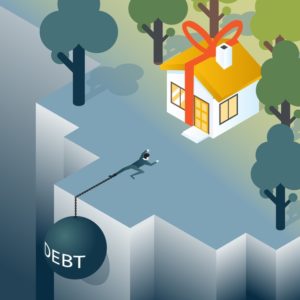 A secured debt is a type of debt that requires collateral to reduce the risk associated with lending. It can be a property or an asset with a large enough value to cover the amount of the debt. Mortgages and auto loans are the most common examples of secured debts. If you fail to make monthly payments or default on loan repayment, your creditor has the right to seize the collateral. They can sell it and use the proceeds to pay back your outstanding debts. It can be in the form of car repossession or foreclosure of a house. In secured debts, the interest rate is lower than unsecured debts. It is often associated with borrowers with poor creditworthiness.
A secured debt is a type of debt that requires collateral to reduce the risk associated with lending. It can be a property or an asset with a large enough value to cover the amount of the debt. Mortgages and auto loans are the most common examples of secured debts. If you fail to make monthly payments or default on loan repayment, your creditor has the right to seize the collateral. They can sell it and use the proceeds to pay back your outstanding debts. It can be in the form of car repossession or foreclosure of a house. In secured debts, the interest rate is lower than unsecured debts. It is often associated with borrowers with poor creditworthiness.
Car Loans
A car loan is a common type of secured debt that uses the vehicle as collateral for the loan. If you choose to default on your loan, the lender will seize your car. Here are a few techniques to handle an auto loan:
- Refinance the car loan
- Downsize your car for a less expensive one
- Find a way out of the loan
Mortgage
When you apply for a mortgage, you need collateral to back the repayment terms; in fact, the lending institution maintains equity (financial interest) in the property until the mortgage is paid in full. If you decide to default on the loan payments, the lender can seize the property and sell it to recoup the funds owed. Since a home loan or mortgage is a secured loan, the bank can seize your house if you don’t agree to pay.
Unsecured debts
Unsecured debt is not backed by any collateral. This type of debt is considered risky for lenders because the borrower might choose to default on the loan through bankruptcy. Thus, it carries higher interest rates compared to secured debts. Credit card debts, utility bills, medical bills are the most common forms of unsecured debt. If you fall behind on payments for unsecured debts, your lenders have no claim on your property and cannot repossess items or foreclose on your home. However, lenders may seek alternative ways for recovering their investment.
For instance, if you default on a loan, aggressive lenders may directly file a lawsuit against you. In addition, a lender can report your delinquency to a credit rating agency. They can also hire a third-party debt collector that will hound you to collect your unpaid debts. If you don’t pay the debt collector, they may sue you and it may result in wage garnishment.
Credit Card Debts
Credit card debt is considered the most common and expensive form of unsecured debt. It is a revolving line of credit, which means you may continue to borrow every month and carry balances over. Similar to other loans and debts, it’s advisable to pay more than the minimum monthly payment to help you get out of debt faster.
Medical Bill Debts
Medical debt does not happen by choice. It can come from unexpected events like accidents, sudden illnesses, or any circumstance that requires hospitalization and medical treatment. Avoid using credit cards to pay for your medical expenses. Generally, healthcare providers don’t charge interest, therefore, using a credit card for payment can wipe out that privilege. This type of unsecured debt can be expensive, therefore it is recommended to seek legal advice from a credible Gulfport bankruptcy lawyer on how to deal with it. Here are some of the ways to pay off your medical bills:
- Create a payment plan
- Hire a medical bill advocate
- Use a medical credit card
Student Loans
A student loan debt (federal or private) is similar to a personal loan: they are funded by the government, banks, or other private lenders, and the terms will depend on your credit history. Student debt is money owed on a loan that was taken out to pay for educational expenses.
Personal Loans
Personal loans can be used for a variety of purposes – funds for business, home renovation, or travel budget. Generally, this loan type has a limit and is funded by a bank or a credit union. The original lending terms will be based on your credit history. Most personal loans have lower interest rates than credit cards, making them a more interesting option for planned expenses. Loan terms usually last within two up to five years, with interest rates ranging from 5% to 36%.
Business Loans
A business loan is a loan specifically intended for business purposes. When a lender offers you money, they’ll charge interest on top of the loan amount—in the most basic loan structure, interest is charged as a percentage of the loan’s principal. Business loans are paid back over a set amount of time, making payments according to the repayment agreement of both parties. Many businesses use unsecured lines of credit for cash on demand.
This loan type is intended for starting a new business or keeping an existing business. However, too much debt can have a great effect on our business cash flow, putting your business at risk. In this case, you need to boost your sales and refinance or consolidate your high-interest business debt.
The Role of a Bankruptcy Lawyer
Proper budgeting and a good money management plan help you stay out of debt and reduce financial worries. You can avoid debt by spending less than you earn. Debts can be good or bad depending on how you handle them. If the debt you take on helps you generate income and build your net worth, then it can be considered good debt. You can use the money that you owe to improve your business or your lifestyle. However, too much or uncontrolled debt can harm borrowers as it limits their potential to repay.
If you are facing difficulty in dealing with debt, do not hesitate to consult our competent Gulfport bankruptcy attorneys at Rollins Law Firm. We will help you choose the best options to pay off or wipe out your debts depending on the complexity of your bankruptcy case and the chapter you file. We will assist you in creating a payment plan and settling the debt according to bankruptcy laws.

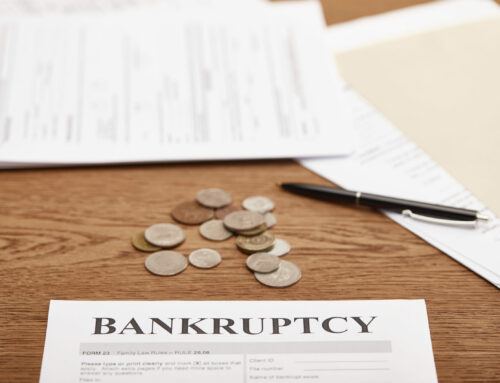
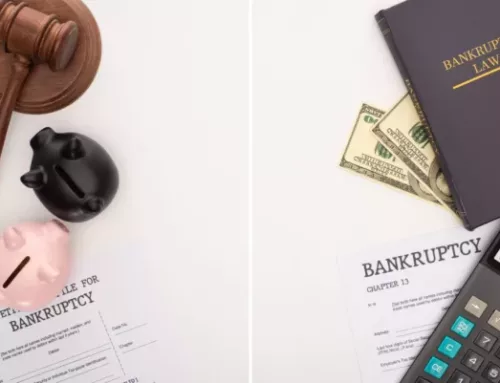
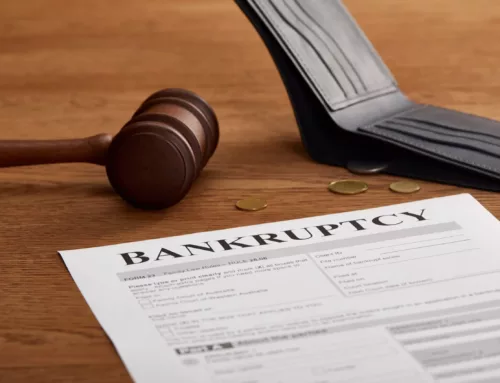
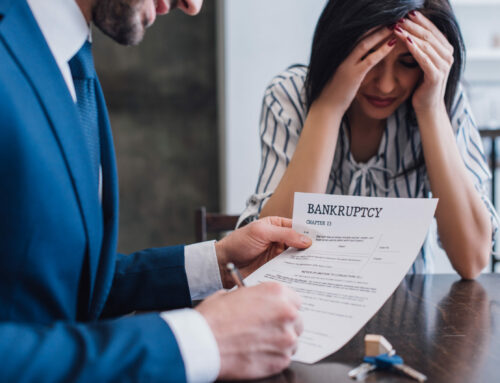

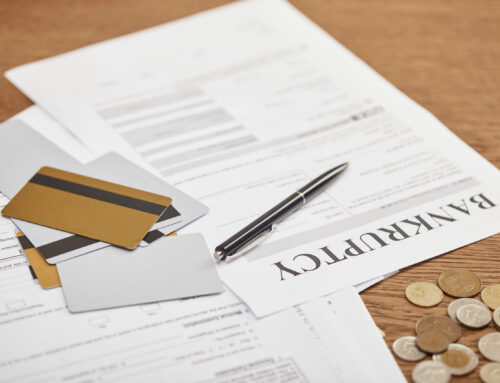

Connect with Us